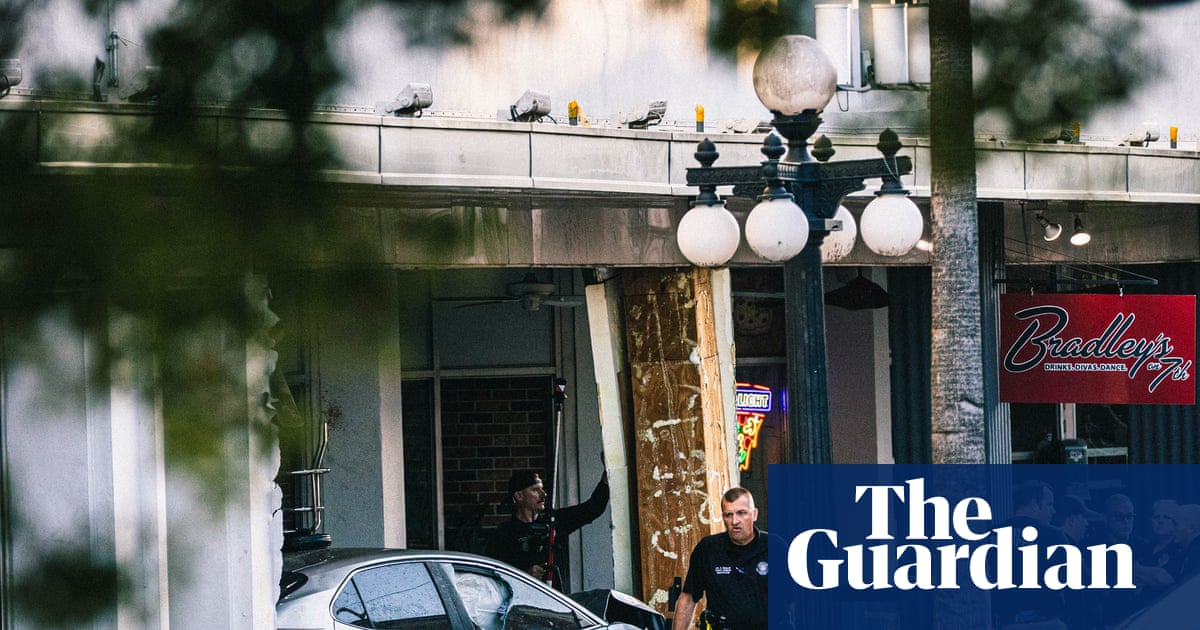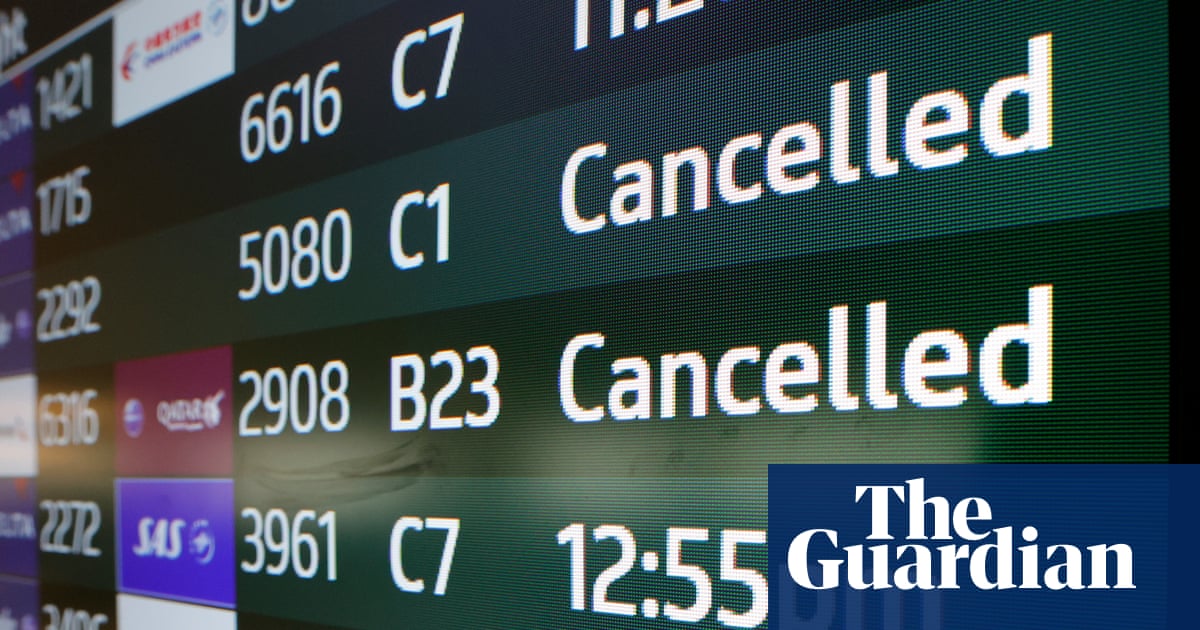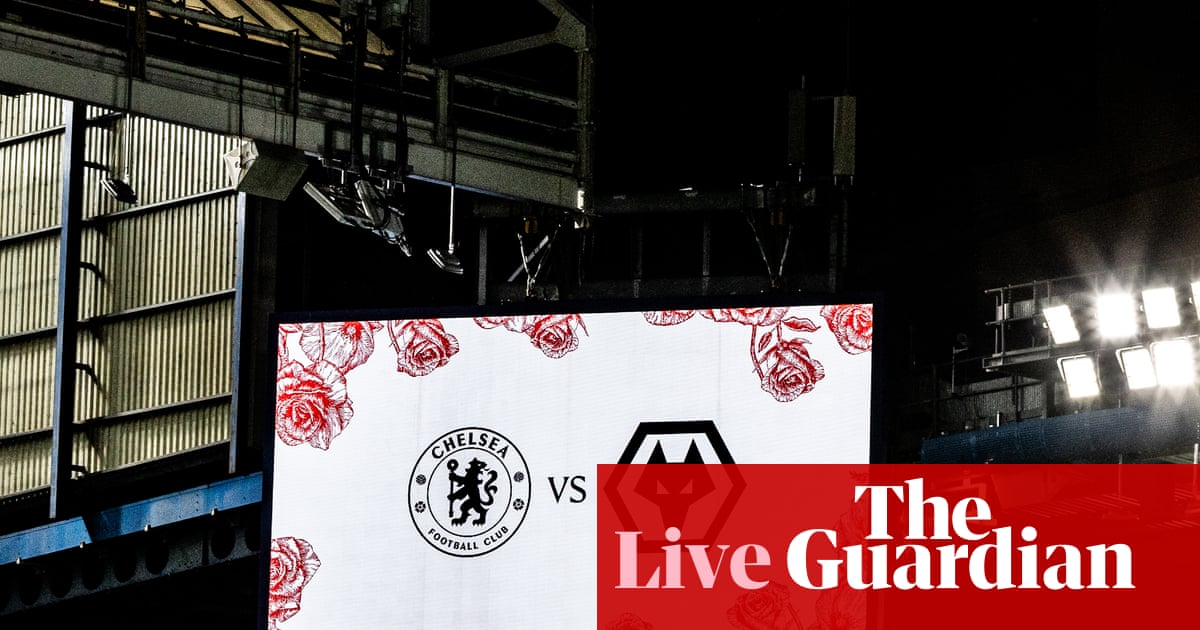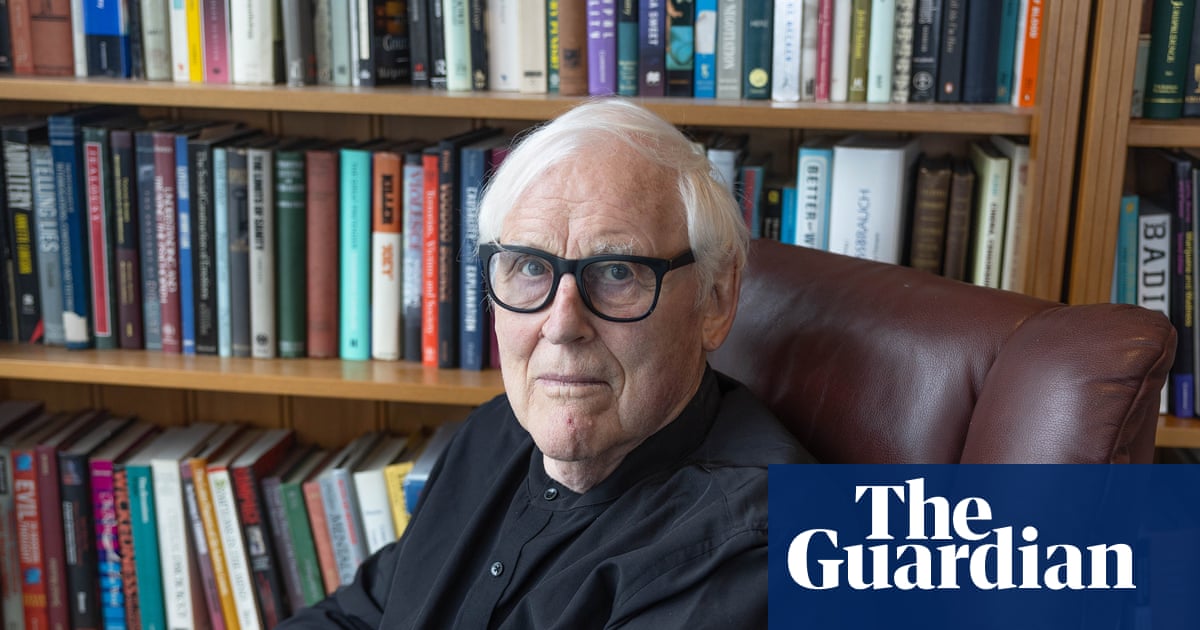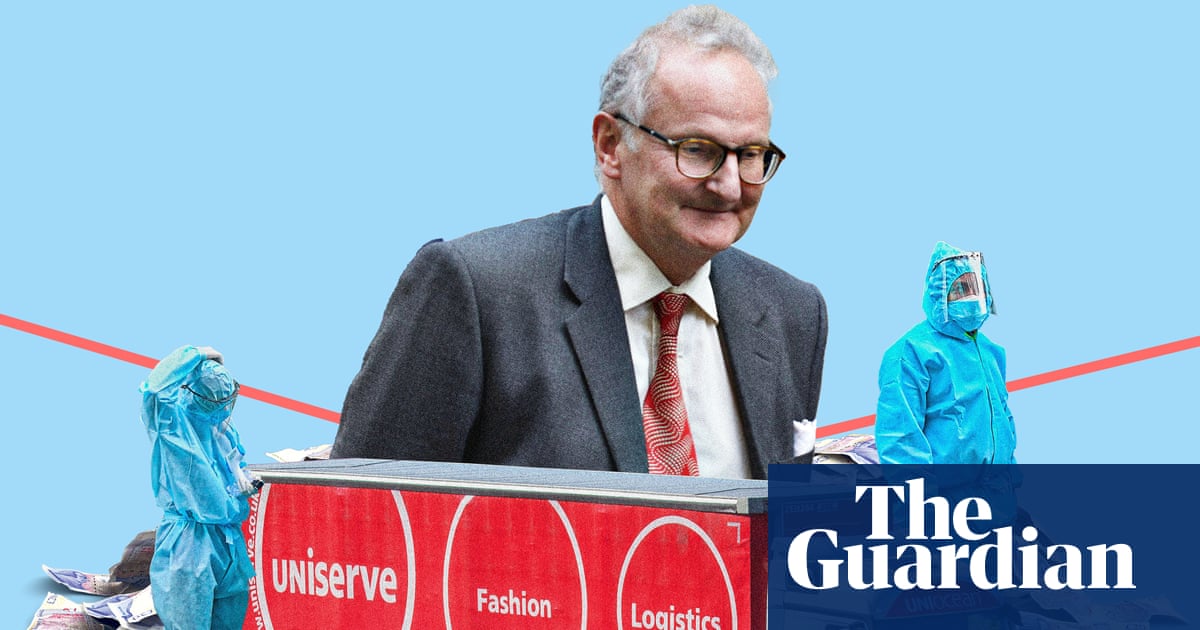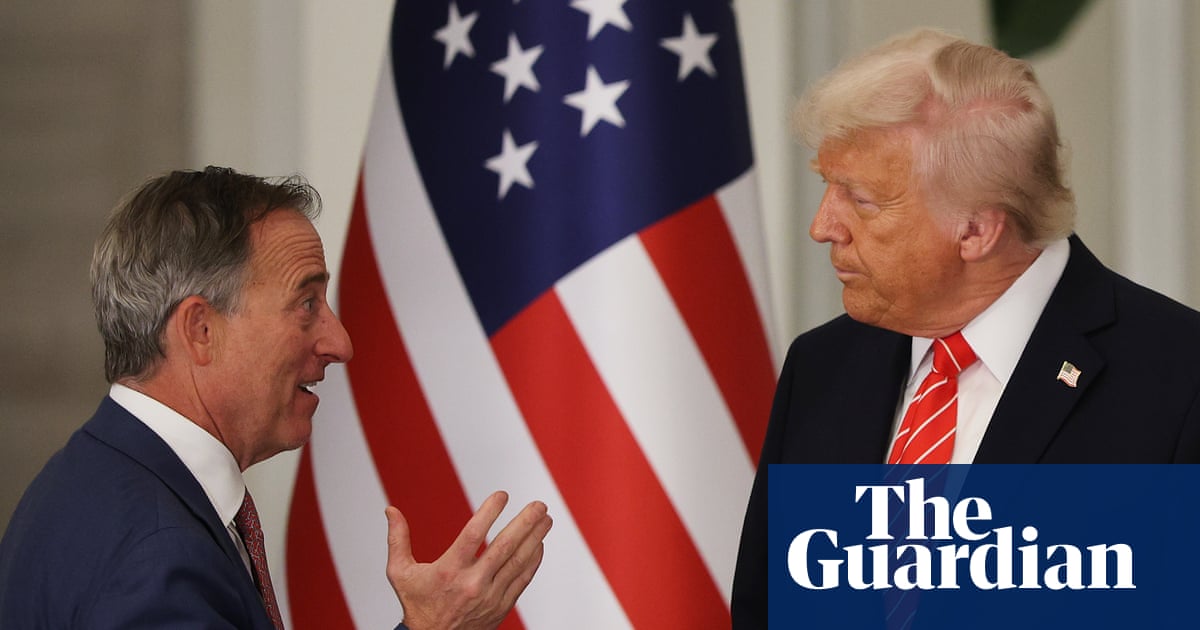It may prove to be a momentous week in Middle East diplomacy, and not just because Keir Starmer – after much hesitation – made his historic pledge on Tuesday that the UK would recognise a Palestinian state at the UN general assembly in September if Israel did not agree to meet certain conditions.
The day was momentous because in New York, Brussels, Jerusalem and even Berlin the battle lines are becoming clearer between the moderate and extremist visions for the future of Gaza and the West Bank once the war finally ends.
Advocates of a two-state solution, including a radically reformed Palestinian Authority governing without Hamas, have finally realised the time to act is now, or else risk their vision being buried by Benjamin Netanyahu and his far-right minister of finance, Bezalel Smotrich, under the benign watch of Donald Trump. The choice is between coexistence and forced displacement of hundreds of thousands of Palestinians.
Britain’s policy that it could hold back playing the “recognition card” until the point of maximum impact in the peace process was based on a belief that the UK still held sway in the Middle East, but also rested on an outdated interpretation of the future trajectory of Israeli politics.
The reality is that Israel in the wake of 7 October has moved further and further away from notions of a two-state solution.
On Tuesday, Smotrich said the re-establishment of Israeli settlements in Gaza was no longer “wishful thinking, but part of what had become a realistic work plan. Gaza is an inseparable part of Land of Israel,” he said. It comes amid reports that Netanyahu will give Hamas a few days to agree to a ceasefire on his terms and if not he will begin annexing parts of the Gaza Strip.
Smotrich also said of the West Bank: “Israel is making a revolution there by implementing de facto sovereignty, regulating construction making declarations changing the DNA of the entire system and paving roads.” Formal sovereignty over the West Bank will be completed in the government’s term, he predicted.
In this context it became absolutely critical that proponents of a two-state solution galvanise even if to make a last stand to keep the concept from being destroyed by Israeli bulldozers. In the words of the French foreign minister, Jean-Noël Barrot, the two-state solution was “in mortal danger. On both sides the proponents of rejection seem to be winning.”
A postponed conference in New York held this week provided the chance to turn the tide. Barrot argued: “After 22 months of fruitless attempts, it is illusory to hope a lasting ceasefire can be obtained without outlining a shared vision for the postwar period in Gaza, without charting a political horizon, an alternative to a permanent state of war.”
Before the conference the French president, Emmanuel Macron, presented a letter from the Palestinian Authority president, Mahmoud Abbas, in which he made a series of concessions. Among other commitments, the PA committed to hold presidential elections within a year throughout the occupied territories, including East Jerusalem. The aim was to achieve generational renewal – and the resignation of 89-year-old Abbas. Speaking to the New York conference, the Palestinian prime minister, Mohammad Mustafa, reiterated that Hamas must stand aside.
But the conference, co-chaired by France and Saudi Arabia, did not just focus on reform of the PA and the marginalisation of Hamas, it set out in a seven-page document – the New York declaration – containing a path to a two-state solution, one in which Israel’s security can be assured without further occupation, repression and annexation, the grim dystopian vision offered by Netanyahu.
The declaration merges previous Arab and European postwar plans for Gaza. It proposes: “Following the ceasefire, a transitional administrative committee must be immediately established to operate in Gaza under the umbrella of the Palestinian Authority.
The declaration supports the deployment of a temporary international stabilisation mission, mandated by the UN security council, and welcomes “the readiness expressed by some member states to contribute troops”.
It emphasised Gaza was an integral part of the Palestinian State and must be unified with the West Bank. Hamas must end its rule in Gaza and hand over its weapons to the Palestinian Authority with international engagement. It also holds out the aspiration that the ending of the Israel-Palestinian conflict will lead to a wider regional settlement, even if the Gulf states currently balk at offering normalisation with Israel.
In this wider context, the internal British debate about the conditionality attached to the British pledge to recognise a Palestine state looks somewhat marginal.
From the left, Starmer faces criticism for not offering recognition as a principled assertion of the Palestinians’ right to self-determination. His offer certainly lacked the high-flown rhetoric about statehood embedded in the French offer, and it seems misplaced to cast the offer as a punishment against Israel. Moreover, by refusing to act jointly with Macron last week, Starmer’s decision appeared to be a retreat in the face of an internal rebellion, rather than showing leadership.
Nevertheless the UK decision was greeted warmly in New York when announced by the UK foreign secretary, David Lammy. The conditionality, the last vestige of the UK hang-up about using recognition as an influential card, also helps to clarify that Israel faces an essential choice between conflict and coexistence. Since Israel has immediately rejected Starmer’s terms, UK recognition now looks an inevitability in September.
There are growing signs in Brussels and Berlin too that patience with Netanyahu’s methods has run out, even if they cannot agree on a form of punishment. In the US the latest Gallup poll shows only 8% of Democrats support Israel’s strategy.
It is now the task of diplomats to harness the momentum created in New York, and the worldwide abhorrence at Israel’s war in Gaza, to persuade Donald Trump to think more strategically about a Palestinian peace. It may yet prove impossible, but at least the groundwork has now been laid.

 3 months ago
125
3 months ago
125
